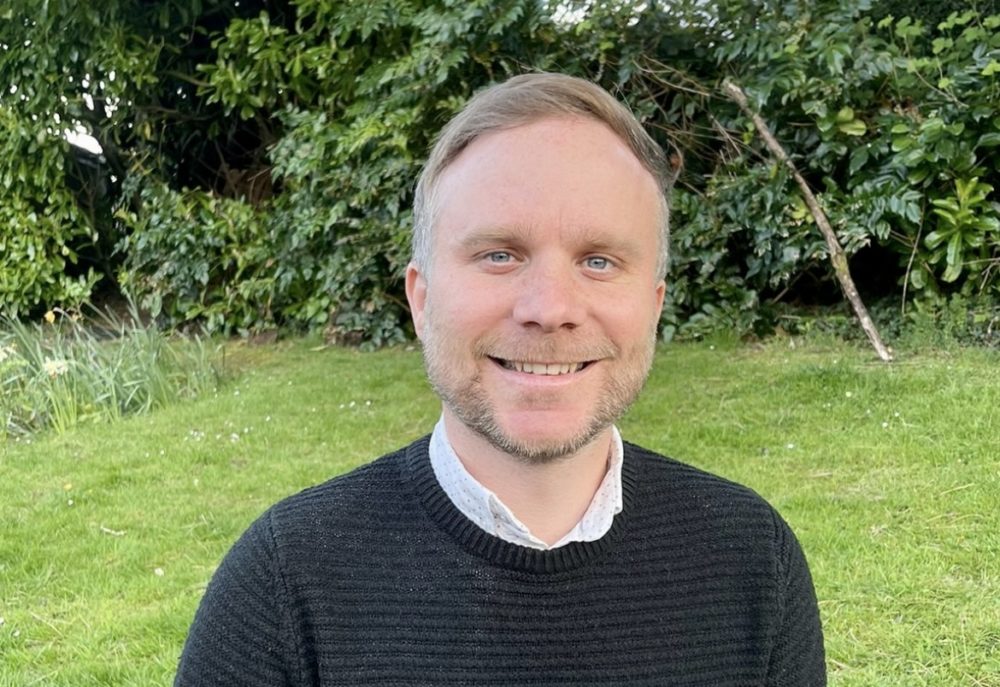The letter that brilliantly sums up frustrations about public transport in Wales

Martin Shipton
A councillor has encapsulated brilliantly the frustrations of many people across Wales at the declining state of public transport.
In an open letter to Deputy Transport Minister Lee Waters, Ross Thomas concentrates on the impact of service cuts on his own local community. But many will find resonances to the situation in their own area.
Appalling
Cllr Thomas, who leads the opposition Democratic Alliance group on Bridgend County Borough Council, says in his letter to Mr Waters: “I am compelled to write on the appalling state of public transport serving Maesteg and the wider Llynfi Valley
“Beforehand, I am keen to point out that I recognise and can appreciate to a certain extent the context, being:
* The impact of the pandemic on public transport, in particular, commercial and subsidised bus routes;
* Statistics provided by commercial bus operators that suggest patronage has fallen significantly; and
* An historic and ongoing, challenging financial backdrop.
“You may be aware that in recent months, commercial operator First Cymru has made several significant amendments to its bus timetables, cutting the number and the frequency of services that serve the Llynfi Valley. You will know this doesn’t come without consequences for those who rely on such services to access employment, attend medical appointments or for leisure activities. Indeed, the timetable’s most recent alteration means the last bus from Bridgend to Maesteg of an evening isn’t much beyond 5:00pm.
“Subsidised bus services within the county, and certainly Maesteg, are a rarity if not entirely extinct. The withdrawal of such services over recent years has left certain communities – including in my ward – cut off, with the added negative impacts on isolation, mental health and even the local economy.
“Let me turn to train services. Morning after morning, evening after evening, people’s lives are being needlessly disrupted. For some, these services are a lifeline – the only way of getting to and from a job that pays the rent or mortgage and puts food on the table.
“For those who have the liberty of choosing to use a train, for a night out for example, it begs the question: is it really worth the hassle? I have had reason to use the Transport for Wales service on the Llynfi Valley line on a couple of occasions in recent weeks. On the first instance, a delay of 20 minutes and on the second, a cancellation. This is shamefully what we’ve come to expect. When planning an evening out, I have a terrible feeling in my gut that we will turn up to the station in Maesteg and be faced with the glaring yellow of the ‘cancelled’ sign on the board. It is an experience shared with me by constituents all too regularly.
“While there are plans afoot in the future to have a more integrated public transport network overall, this isn’t something we can put a sticking plaster over, keep our fingers crossed and hope for the best. Bus services in particular are being lost now and I have grave concerns over their ongoing sustainability. History tells us that when we lose services, they don’t come back.
“In its current state, the regular rhetoric from government to encourage better use of public transport appears hollow in the face of a network that is simply not fit for purpose; a network that is leaving the most disadvantaged communities behind. I must pinch myself to recall that it is 2023 and that we live in the sixth richest nation in the world (as a United Kingdom). Indeed, Maesteg is a town of 21,000 people, the 17th largest centre of population in Wales. Yet our public transport network is more akin to that of a hamlet in the middle of nowhere.
“I firmly believe that a majority in Wales supports not just the core principle of public transport but so too the investment in and expansion of services, allowing all our communities to benefit from a joined-up network. This vision, unfortunately, seems as far away as ever and if not brought to the fore quickly, we risk losing the confidence of those who would be the backbone of any public transport revolution. And so, the regular reliance on single-use private vehicles for many more thousands of journeys will be an embedded feature that is impossible to break.
“We must do better – and quickly.”
The Welsh Government has been invited to comment.
Support our Nation today
For the price of a cup of coffee a month you can help us create an independent, not-for-profit, national news service for the people of Wales, by the people of Wales.





